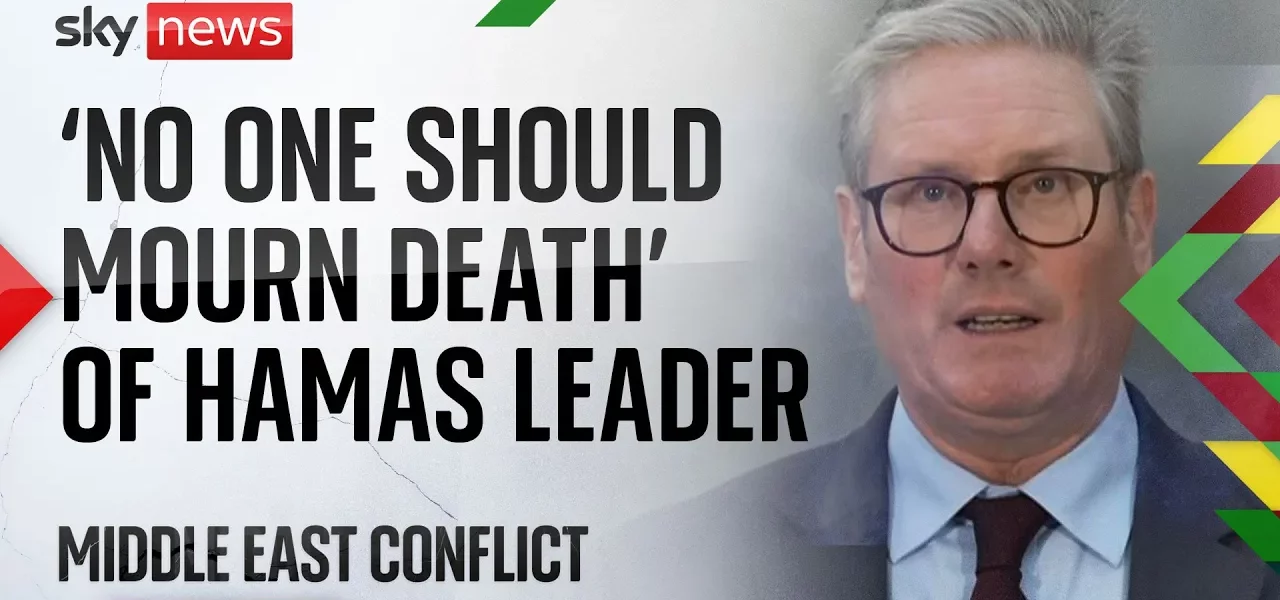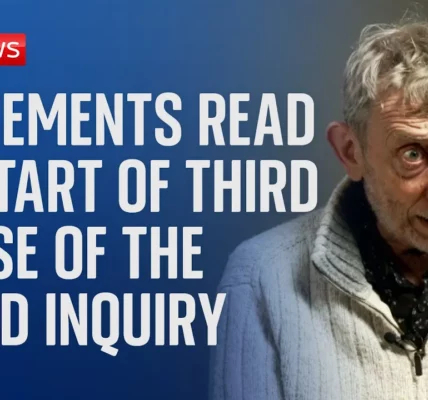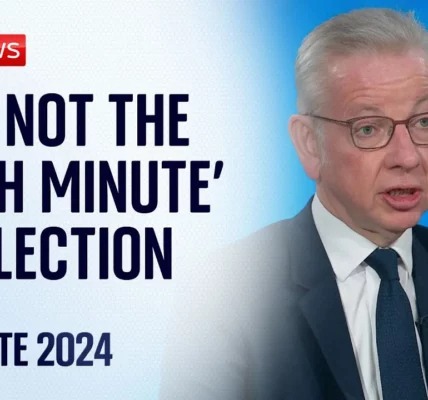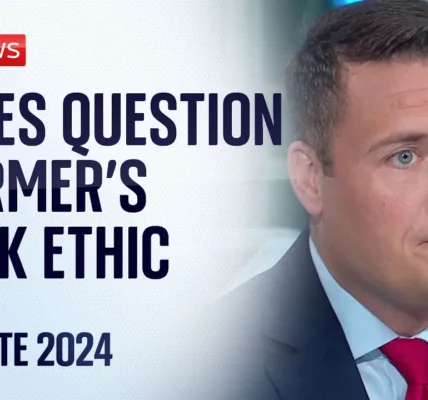Geopolitical Developments: Gaza, Ukraine, and Global Humanitarian Efforts

This article explores the recent geopolitical events shaping the Middle East and Ukraine, emphasizing the need for humanitarian aid, diplomatic solutions, and international support for peace and security.
Introduction
The recent events surrounding the conflict in Gaza and the ongoing war in Ukraine have drawn international attention and concern. The death of Hamas leader Sina has reignited discussions about the cycle of violence affecting both Israelis and Palestinians. The humanitarian situation in Gaza is dire, and there is a pressing need for a ceasefire and diplomatic solutions. This article delves into the implications of these events and the global response, highlighting the necessity for humanitarian aid, political stability, and support for Ukraine against Russian aggression.
The Situation in Gaza
The current crisis in Gaza is marked by significant humanitarian challenges. Following the recent escalation of violence, the urgent need for a ceasefire has been emphasized by various international leaders.
Impact of Violence on Civilians
Innocent civilians are often caught in the crossfire during military conflicts. The bloodshed associated with Hamas has not only affected Israelis but has also resulted in suffering for the Palestinian people. Key points to consider include:
- Casualties among non-combatants
- Displacement of families
- Destruction of infrastructure
Call for Humanitarian Assistance
The international community has stressed the need for immediate humanitarian access to Gaza. Organizations like UNRWA must be allowed to operate freely to provide essential services, including:
- Food and clean water
- Medical supplies
- Shelter for displaced persons
Moreover, it is crucial to advocate for the unconditional release of hostages and to return to the discussions surrounding a two-state solution.
International Response and Diplomacy
Global leaders are increasingly recognizing that military solutions are insufficient for achieving enduring peace in the region. Effective diplomacy is essential.
Role of Diplomacy in De-escalation
Efforts to de-escalate tensions must prioritize dialogue and understanding. Key diplomatic initiatives include:
- Engagement with regional allies
- Support for UN resolutions aimed at peace
- Collaboration with international organizations
The Need for a Two-State Solution
Experts and policymakers agree that the two-state solution remains the most viable path to achieve lasting stability. This involves:
- Recognition of both Israeli and Palestinian states
- Negotiation of borders and security arrangements
- Ensuring mutual recognition and respect
Focus on Ukraine
In addition to the crisis in Gaza, the war in Ukraine continues to demand international attention and support. The UK’s commitment to assist Ukraine is unwavering.
Support for Ukrainian Sovereignty
The ongoing conflict has highlighted the importance of Ukrainian sovereignty. The UK has emphasized that:
- The future of Ukraine is to be determined by its people
- A just peace is essential for long-term stability
- Global unity is crucial in supporting Ukraine
Military and Humanitarian Aid
The UK has pledged significant support to Ukraine, focusing on both military and humanitarian aspects. This includes:
- Delivering military equipment
- Providing humanitarian assistance to affected civilians
- Working with G7 nations to mobilize financial resources
Conclusion
The interconnected crises in Gaza and Ukraine underscore the urgent need for humanitarian intervention and diplomatic engagement. It is imperative that the international community rallies to support peace initiatives and provide necessary aid to those affected by violence. As we navigate these complex issues, let us advocate for a future where dialogue prevails over conflict and where human rights and dignity are upheld for all. For further reading on these topics, please explore our related articles on humanitarian aid and diplomatic strategies in conflict zones.
“`




